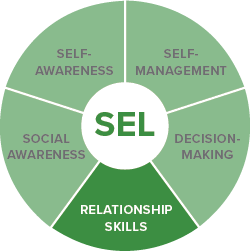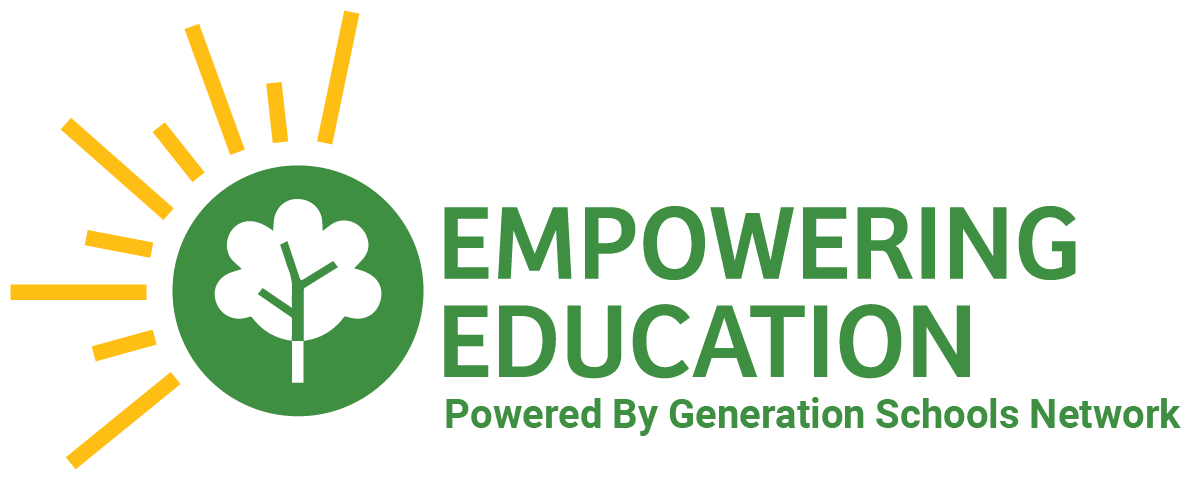Locked Content
Unlock this lesson plan by signing up for a free trial. Existing members, please log in.
Students will learn about other students in their class.
By the end of the lessons, students will be able to:
- Learn new facts about their classmates
- Practice having conversations in small groups
This lesson helps students get to know one another. Starting the year with relationship-building activities is a way to start creating inclusive classrooms.
The lesson starts with a five senses mindfulness activity. An icebreaker game follows in which students learn similarities and differences in their classroom. You then break students into small groups and pass out a get-to-know-you handout with questions for each student to respond to. A quick discussion follows each activity, allowing students to voice what they learned and how it feels to speak in a small group about themselves.
Finally, students end by reflecting in their journals.
The mindful moment for this lesson is particularly well-suited for students to do at home since each student will be in a different environment.
See lesson one on Mindfulness for our general teaching recommendations about doing live or recorded social-emotional lessons.
After the mindful moment, have some students recount what they are seeing.
Early in the class, facilitate a discussion about online class norms around 1) mindfulness; 2) discussions; 3) and behavior in breakout rooms, if you are using them. If you find students need time to be silly on camera, start each class with 1 minutes of be-silly-on-camera time – it tends to not be that fun but expends some of the drive and allows you to say to a disruptive student “what you’re doing would be OK during silly time.”
For the Small Group Conversations activity, if you feel comfortable doing so, have students meet in breakout rooms. Have them jot down the questions to ask one another in advance, or give them all a link to a shared document to read off of. If breakout rooms will not work with the class, either try small group chats, or simply hold a whole-class discussion.
Other alternatives:
- Live online, have students say something about themselves. Then have other students raise their hand if they share that characteristic. Then you call on someone raising their hand and they say something about themselves. Keep tabs on whom you have called to give everyone a chance.
- Two truths and a lie (be sure to model this twice and have students write down their statements before you have them go).
- Have students bring something to the camera that is important to them.
- Seven-Word Autobiographies can work well online (see lesson plan). Students can share their biographies in the chat, but it is more fun to have them hold up a piece of paper on which they’ve written the biography in large letters.
- For recorded lessons, have students interview someone in their house and find out something new about that person
Have students email you a seven-word autobiography. Create a document for the whole class and then share it out to all the students.
CASEL Competencies
Relationship skills: The abilities to establish and maintain healthy and supportive relationships and to effectively navigate settings with diverse individuals and groups. This includes the capacities to communicate clearly, listen actively, cooperate, work collaboratively to problem solve and negotiate conflict constructively, navigate settings with differing social and cultural demands and opportunities, provide leadership, and seek or offer help when needed.


